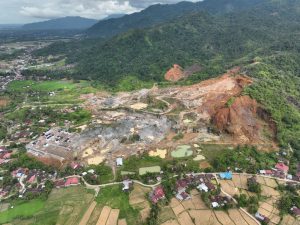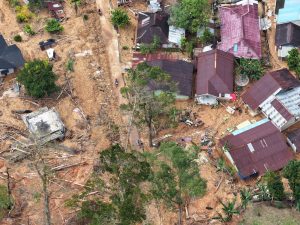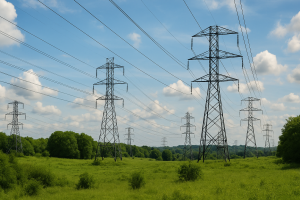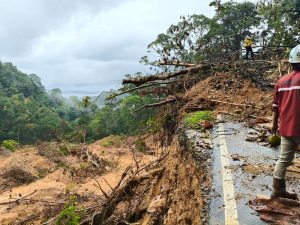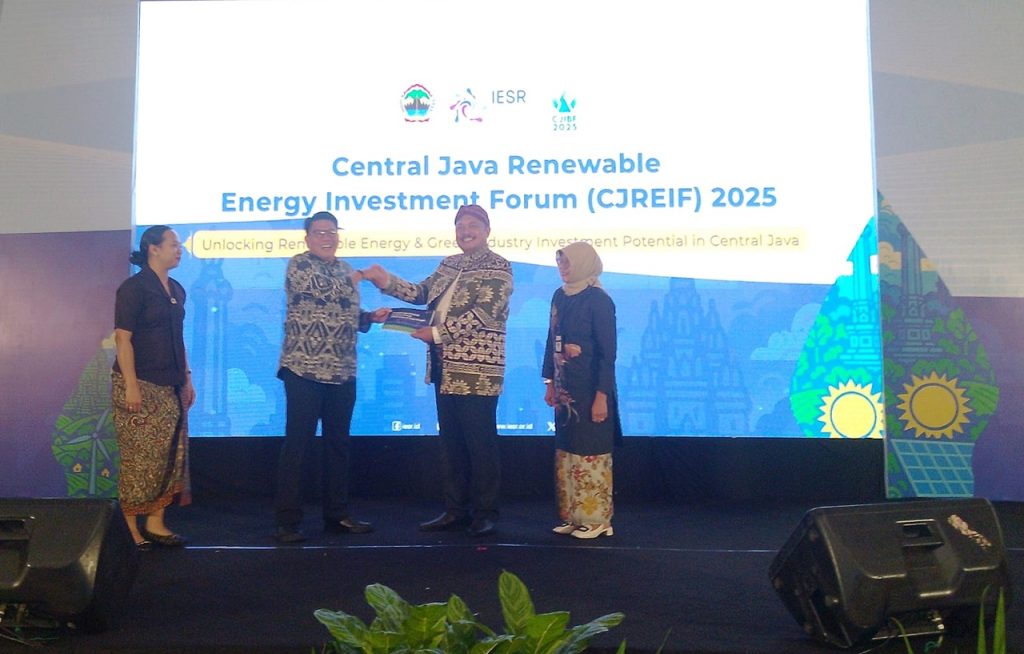
Semarang – During the Central Java Renewable Energy Investment Forum (CJREIF) 2025, which took place on Thursday, 26 June, at the Gumaya Hotel in Semarang, stakeholders united to accelerate renewable energy investment in the province, known as the nation’s manufacturing heartland.
Fabby Tumiwa, Executive Director of the Institute for Essential Services Reform (IESR), emphasised that a change in the energy investment map is currently underway globally, marked by a shift in capital from fossil energy to clean energy.
“Global renewable energy investment last year reached USD 2.1 trillion, up 11 per cent from the previous year and double from 2022. This year, clean energy investment is projected to reach USD 2.2 trillion, far exceeding fossil energy investment,” he said.
Fabby added that this condition indicates that capital owners around the world are now more interested in financing clean energy projects, rather than coal-based power plants or infrastructure. “Today, finding funding to build a coal-fired power plant is difficult. There are almost no banks willing to lend money,” he said.
Fabby explained five major trends that are now shaping the new face of global energy investment, namely the geographical shift to the Asia Pacific as a new investment destination, the development of innovative financing such as green bonds and green sukuk, the increase in funding nature-positive and just transition, and multi-stakeholder collaboration, including more than 500 global development banks that are now forming partnerships with philanthropic institutions and the private sector to support green financing.
Great potential, serious challenges
During the forum, Fabby also highlighted Indonesia’s position in the eyes of global investors. Based on the World Economic Forum’s Energy Transition Index (ETI), Indonesia is now ranked 58th out of 120 countries, down from 54th the previous year. In Southeast Asia, Indonesia still lags behind Malaysia, Vietnam, Thailand and Singapore.
“Indonesia’s weakness lies in aspects of transition readiness, such as policy, investment climate, infrastructure, and the quality of human resources,” he explained.
However, according to him, Central Java has a unique opportunity to improve it all. As a region that contributes 35 per cent of the national manufacturing gross regional domestic product (GRDP) and 3 per cent of Indonesia’s GDP, Central Java plays a crucial role in transforming its existing industrial base into a green industry. The potential for solar energy is very promising, with an average solar radiation of 5 kWh/m2/day, plus biomass potential from the agriculture and forestry sectors.
IESR also recommends five action steps for the Central Java Provincial Government. First, develop a comprehensive green investment roadmap that integrates renewable energy strategies, industrial transformation, and green infrastructure development.
Second, establish a special unit for green investment licensing and incentives, separate from conventional investment channels. Third, develop green industrial parks with circular economy designs, smart manufacturing, and green-certified SME/IKM centres.
Fourth, strengthen partnerships with the financial sector, including activating regional development banks and BPRs as sources of micro-scale project financing. And fifth, invest heavily in green human resource development, working with universities to build green skills programmes and attract young talent.
Central Java is ready to become a home for clean energy
Representing the local government, Assistant for Economy and Development of the Central Java Regional Secretary, Sujarwanto, expressed his commitment to making the province a home for innovation, investment and green initiatives. “This forum brings together project owners and potential investors, and becomes a space for accelerating clean energy and green industry in Central Java,” he said.
He pointed out several concrete steps that have been taken by the Provincial Government, such as the “Central Java Solar Province” initiative, which has been in place since 2019, encouraging the use of renewable energy at the village level. Now, more than 2,000 villages in Central Java have become energy-independent villages, not only utilising clean energy for household needs, but also for agricultural irrigation and community clean water systems (Pamsimas).
“We want to encourage as many villages as possible to fulfil their energy needs independently and sustainably. This is not just about energy transition, but about regional justice and independence,” Sujarwanto concluded. (Hartatik)
Banner photo: liyuhan/shutterstock.com



